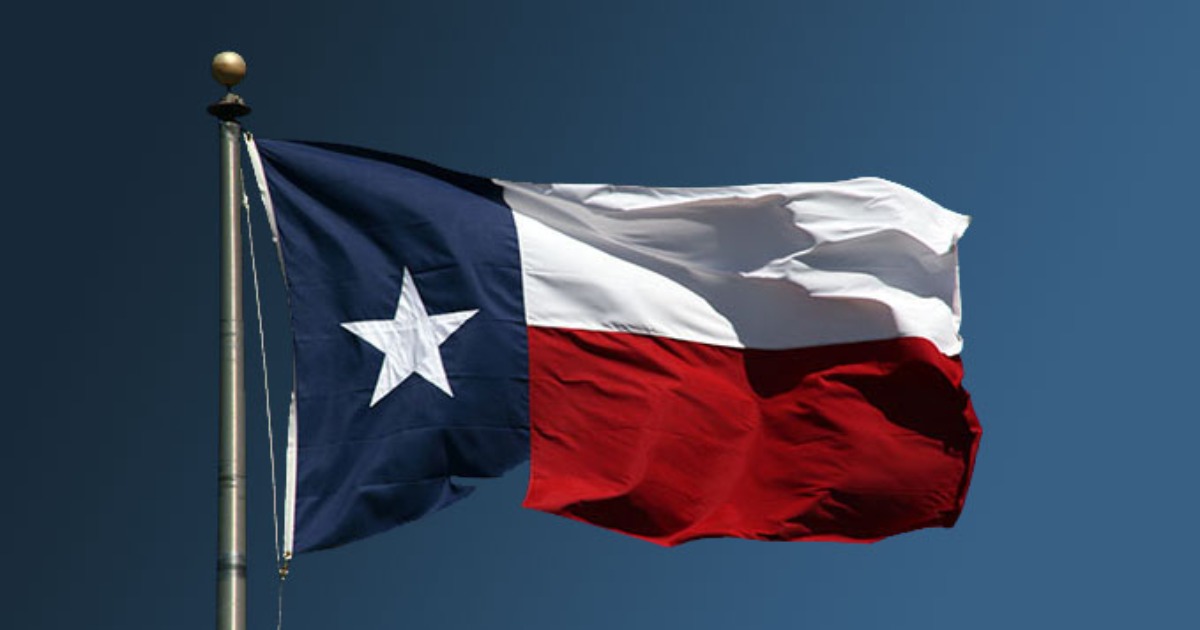Commemoration services took place in Rwanda last week marking the 20th year anniversary of the Rwandan genocide that claimed 500,000 to 1 million lives. However, it could be argued that April 7, 1994 marked the start of two tragedies, the first being the genocide and the second the abandonment of the Rwandan people by the international community.
We sat by idly as hundreds of thousands were brutally murdered. Rwanda was of no political or strategic import to us and therefore, received very little attention until after the atrocities unfolded. As countries like Central African Republic and Syria deteriorate, we must ask ourselves have we done enough to prevent another Rwandan Genocide?
The origins of the ethnic conflict, the cause of the genocide, can be traced back to the ethnic classification system imposed during Belgian colonization in 1916. The Belgians issued identification cards classifying Rwandans as either Hutu or Tutsi, showing preference to the more slender and lighter Tutsi. This preference lended to better education and job opportunities for the Tutsi.
The inequality bred resentment and animosity between the two ethnic groups and eventually led to violence. Clashes began in 1959 and approximately 20,000 Tutsis killed while countless others fled to Burundi, Tanzania and Uganda.
Shortly after the initial clashes, Rwanda gained independence from Belgium. The Hutus became the ruling class and used the Tutsis as scapegoats for any and every crisis.
The tipping point was the assassination of the unpopular president Juvenal Habyarimana. Though the culprit is still unknown, it was immediately assumed by the Hutus that the Tutsi rebel group was responsible for shooting down the President’s plane. The genocide began nearly immediately after the president’s death.
The second tragedy was the international community’s reaction or lack thereof. The US government was well aware of the Hutus “final solution to eliminate all Tutsis.” Former President Bill Clinton stated “If we’d gone in sooner, I believe we could have saved at least a third of the lives that were lost…it had an enduring impact on me.”
In a recent speech, Rwandan President Paul Kagame accused France of being complicit in the murders. France, in fact, did support the Hutu government even after the genocide began and trained and equipped the military. Furthermore, the French-patrolled area turned into a killing field and a gateway for Hutus to escape the country, many of which sought refuge in France.
Even the Vatican’s actions were questionable. Catholic priests and nuns took part in the genocide, though the Vatican did not sanction their actions they certainly did not condemn them. Present day the Vatican still protects known killers, such as Father Athanase Seromba who ordered the bulldozing of his church with 2,000 Tutsis inside. When attempts to extradite him occurred the Holy See stated the priest was “doing good works” in Italy. Father Athanase is not an anomaly; there are several cases of priests being protected by the Vatican.
The United Nations also failed Rwanda, even though it was created precisely to stop similar situations. After World War II, the 1948 Genocide Convention was created to ensure that atrocities such as the Holocaust “never again” happen.
Around 2,000 peacekeeping troops were present in Rwanda as the genocide began. They were evacuated.
During the commemoration ceremony, Venuste Karasira, a survivor, recounts about the thousands of Tutsis that sought refuge near the Belgian UN peacekeepers. Hutus surrounded them but did not attack due to the troops. However, the troops began to evacuate leaving the Tutsis defenseless. He stated “I remember one of us asking them to give us few guns so they could protect ourselves, but still they refused. Some even asked the peacekeepers to shoot them to avoid a worse death at the hands of the militias, but the soldiers drove off.”
Thousands were killed.
Twenty years later, Rwanda is healing and growing. President Kagame has greatly improved upon women’s rights, economic development and health care.
The United Nations pledge of “Never again” is empty. The US and other western countries routinely intervene in other countries to overthrow dictators, secure foreign ports, remove unpalatable dictators, combat evil ideology, protect American oil interests, but not to stop a genocide. How many more atrocities like Nigeria, Cambodia, Bosnia, Rwanda, Darfur, Central African Republic and Syria will it take for us to really mean “Never again”?
Chariese is a writer and researcher with Ring of Fire.

